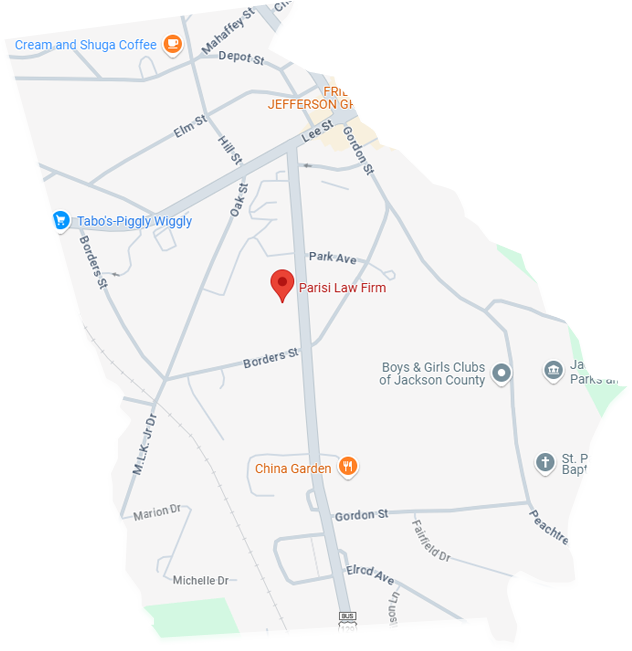
A Comprehensive Guide to Understanding Your Workers’ Compensation Rights
Workplace injuries can be serious and costly, not only physically but also financially. This is why workers’ compensation claims exist. Employees who are injured while on the job in the state of Georgia are entitled to certain benefits under the state’s workers’ compensation laws. However, understanding those laws and knowing your rights and responsibilities can be daunting.
Key Elements of Workers’ Compensation
What is Workers’ Compensation?
Workers’ compensation is a form of insurance designed to provide wage replacement, medical treatment, and other benefits to employees who are injured or become ill as a result of their job. Under Georgia law, employers with three or more employees are required to carry workers’ compensation insurance. If you are injured on the job, your employer’s workers’ compensation insurance should cover your medical expenses and lost wages until you can return to work. In some cases, you may also be entitled to additional benefits.
Types of Workers’ Compensation Benefits in the State of Georgia
There are three main types of benefits available to injured workers in Georgia: medical benefits, wage benefits, and rehabilitation benefits. Medical benefits cover the cost of medical treatment related to the work injury, such as doctor visits, prescriptions, and tests. Wage benefits provide a portion of your lost income due to the work injury. Rehabilitation benefits cover the costs associated with job retraining or other vocational rehabilitation services that may be needed to return to work after a work injury.
Workers’ Compensation Claims Process
It is important to follow the proper steps to ensure that your workers’ compensation claim is handled efficiently and effectively. Here are the key steps for filing a claim:
1. Report the Injury: Report your injury to your employer as soon as possible, preferably within 30 days.
2. Seek Medical Treatment: After reporting your injury, seek medical attention from an authorized healthcare provider as recommended by your employer.
3. File a Claim: You must file a claim with the Georgia State Board of Workers’ Compensation within one year from the date of your injury.
4. Wait for Approval: Your employer’s insurance company will investigate the claim to determine if it should be approved or denied.
5. Receive Benefits: If the claim is approved, you will receive the benefits you are entitled to.
What to Do If Your Claim is Denied
If your claim is denied by your employer’s insurance company, you have the right to appeal the decision. You may want to consider hiring an experienced workers’ compensation attorney to help you through the appeals process. Proving that your injury is work-related or that your employer’s insurance company is acting in bad faith can be a challenging and complex process.
Talk to An Attorney Early On About Your Workers’ Compensation Case
Understanding your rights and responsibilities under Georgia’s workers’ compensation laws is crucial to ensure that you receive the benefits you deserve in the event of a workplace injury. Knowing the types of benefits available, the claims process, and your right to appeal a denied claim are important steps to take before an injury ever occurs. If you have further questions about workers’ compensation in Jefferson, GA, or the surrounding areas, and need assistance with a claim, don’t hesitate to contact an experienced workers’ compensation attorney who can provide valuable guidance and support.



